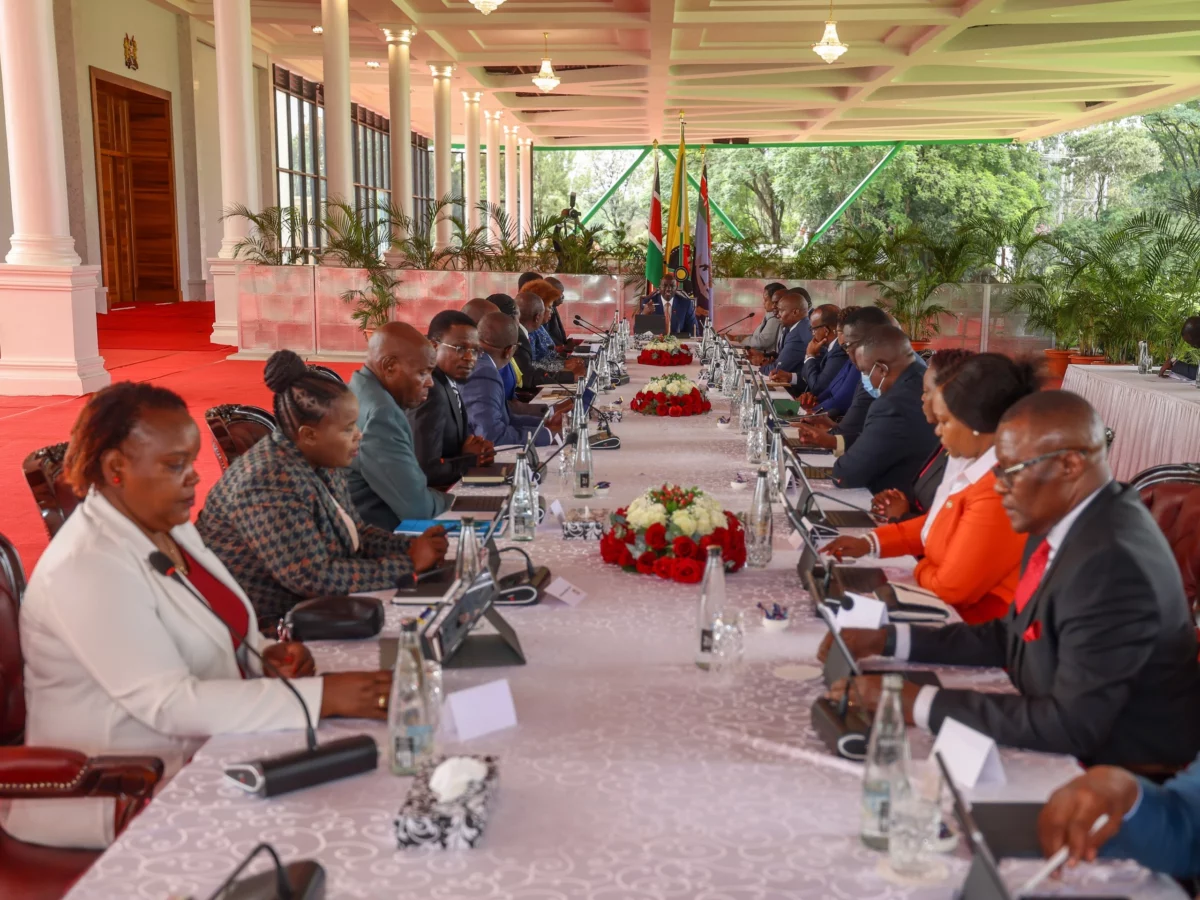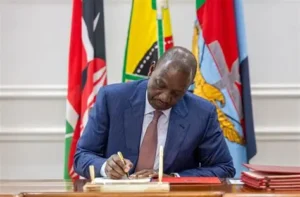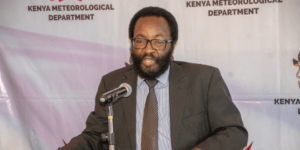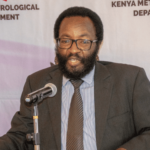The Cabinet has given the green light for the adoption of the Treasury Single Account (TSA) for both National and county governments.
The cabinet meeting held on Monday, January 15, was chaired by President William Ruto at State House Nairobi and emphasised the pivotal role of the TSA in streamlining government banking, providing transparency on government cash resources, and enhancing overall accountability in government cash management.
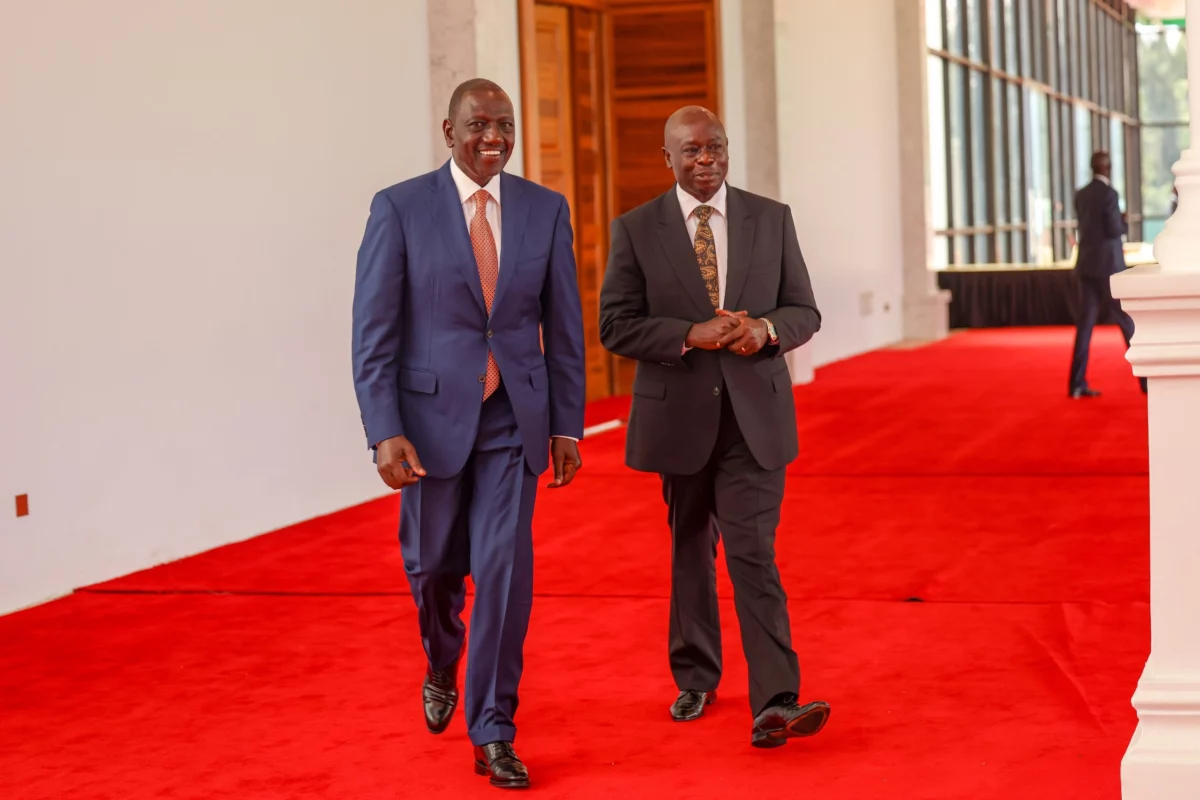
Furthermore, this innovative system aims to regulate expenditure and reduce the fragmentation of government accounts in commercial banks.
The TSA’s structure will comprise the National Exchequer Account, the TSA Sub-Account, and the County Revenue Fund.
“Government funds currently generate interest in commercial bank accounts. This practice needs to cease. All benefits derived from public funds should exclusively accrue to the people of Kenya and no one else,” Ruto said.
The Cabinet has also approved the implementation of Electronic Government Procurement (e-GP) in both the National and county governments.
The move seeks to promote fairness, equity, transparency, competitiveness, and cost-effective public procurement, potentially resulting in annual savings of Ksh 90 billion.
The e-GP system is poised to drive the Bottom-Up Economic Transformation Agenda, fostering sustainable and inclusive economic growth through the digitization and automation of public procurement and asset disposal processes.
The Cabinet’s decision is rooted in the understanding that digital transformation is paramount for transparency, accountability, and the establishment of an open marketplace for procurement agencies.
Electronic procurement promises benefits for the government, suppliers, and the public by facilitating transparent information flow on expenditure.
Also gaining approval in this Cabinet meeting were the Public-Private Partnership Regulations, aimed at enhancing the structure and performance of PPP projects.
This move is critical in establishing a stable environment for public and private entities involved in PPPs, thereby fostering a robust investment climate.
The regulations provide clear guidelines for planning, procurement, management, and monitoring of PPP projects, aligning with the Bottom-Up Economic Transformation agenda and incorporating environmental and climate change principles. These regulations will next be presented to Parliament for approval.
To strengthen Kenya’s position as a regional logistics hub, the Cabinet approved the Railway Amendment Bill 2024, which seeks to revolutionize the management of railways by separating the business of freight, commuter, and land development.
Recognizing Kenya Railways as a significant landowner with much idle land, the Bill proposes the development of railway cities, extending the model from Nairobi to other major towns.
In such cases, the private sector, investors, and even county governments would oversee the railway cities, while Kenya Railways assumes a regulatory role.
In addressing climate change challenges, the Cabinet sanctioned Kenya’s Sovereign Green Bond Framework, designed to secure alternative funding options for green and resilient investments amidst escalating climate change costs.
This Green Bond Framework serves as a financial instrument to raise funds for climate action, fostering a nexus between climate initiatives and economic development. The Cabinet acknowledges the potential of green bonds in mobilizing resources for climate-resilient infrastructure, food and water security, and the deployment of green technologies.
The Cabinet also gave the green light to the draft Kenya Social Protection Policy 2023, aiming to provide a safety net for the poor and vulnerable facing socio-economic challenges.
Aligned with constitutional mandates and national development goals, this policy underscores the importance of social protection in poverty alleviation and inclusive growth.
Other items approved by the Cabinet include the Recognition of Prior Learning Policy, the Establishment of the African Legal Support Facility, and the Memorandum to Join the Asian Infrastructure Investment Bank.


